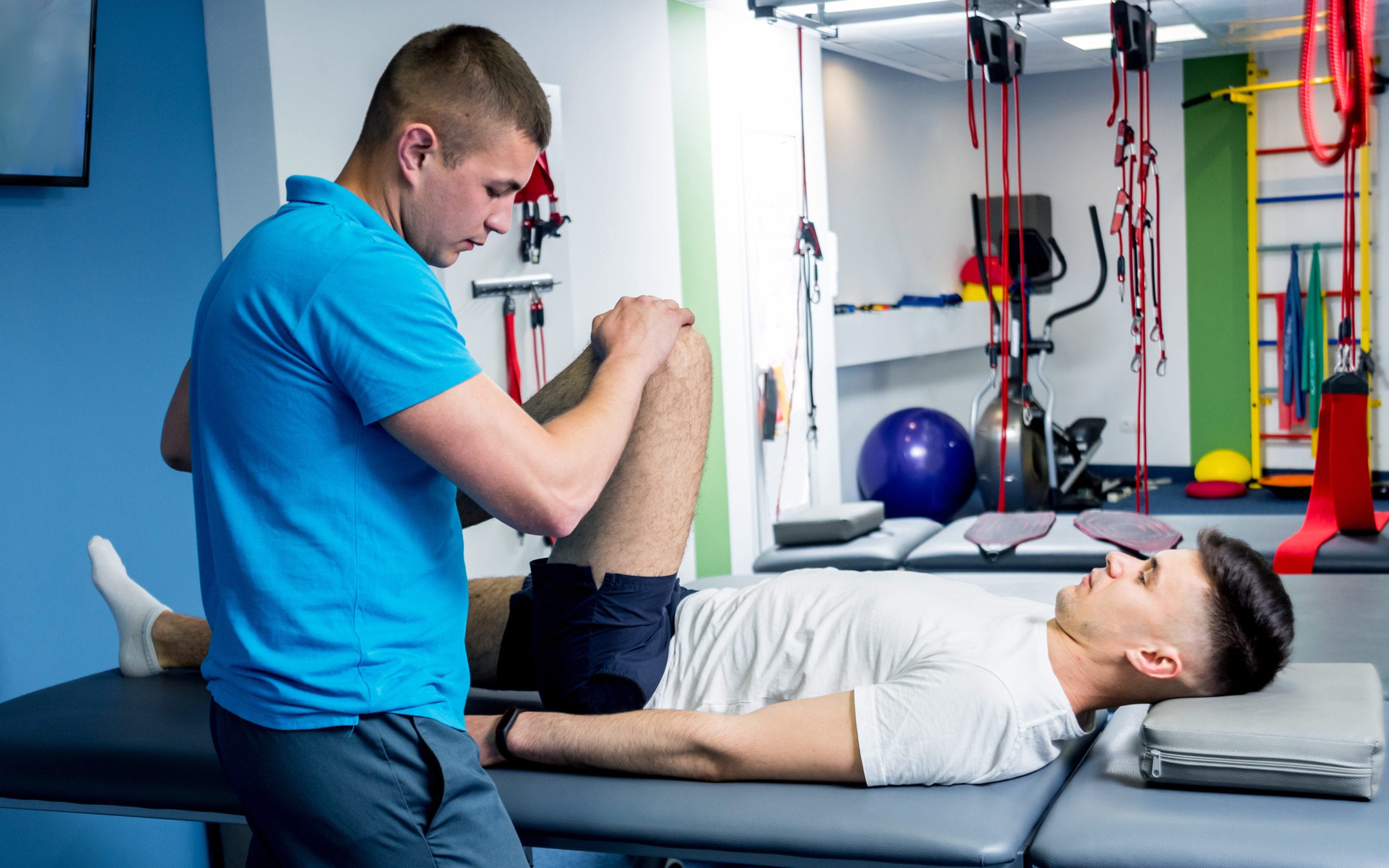Protein are one of the key crucial nutrients for muscle repair. When muscles are stressed during exercise, tiny tears occur in the muscular fibers. Eating protein after a workout provides the structural blocks, known as protein components, that the body needs to repair these tears. Foods high in protein, such as poultry, seafood, eggs, beans, and dairy, are superb choices for rehabilitation meals. It is advised to ingest protein within 30 minutes to 120 minutes after exercising to maximize muscle repair. This schedule helps to initiate the rehabilitation process and guarantees that the body has the necessary resources to rebuild.
Carbohydrates also play an important role in recovery. During exercise, the body uses stored carbohydrates, which is stored in the muscles and liver, as a primary energy source. After a training session, it is crucial to restore these energy stores to replenish energy levels. Consuming carbohydrates, such as grains, produce, and greens, helps to refuel the body. Combining carbohydrates with protein in post-workout meals can enhance rehabilitation even more. This mix not only aids in muscular repair but also helps to lessen fatigue and improve general efficiency in future workouts.
In addition to proteins and carbohydrates, nutritious fats are crucial for overall health and rehabilitation. Fats provide necessary fatty acids that the body cannot generate on its own. These fatty acids help minimize inflammation, which can occur after strenuous exercise. Foods like avocados, seeds, seeds, and oil are superb sources of nutritious fats. Incorporating these foods in a well-rounded diet can aid the body’s recovery process and promote long-term health. It is crucial to note that while fats are helpful, they should be eaten in reasonable amounts as part of a well-rounded diet.
Hydration is another essential aspect of rehabilitation that is often neglected. Water is vital for nearly every process in the body, including muscular repair. During workouts, the body loses fluids through sweat, and it is important to replace these fluids to maintain peak efficiency and recovery. Dehydration can lead to tiredness, muscular cramps, and reduced strength. Consuming water before, during, and after workouts is essential. In some cases, electrolyte beverages may be helpful, particularly for extended or strenuous workouts, as they can help replenish electrolytes lost through sweat. Overall, maintaining proper hydration is key to aiding rehabilitation and guaranteeing that the body can function Full Report at its best.
